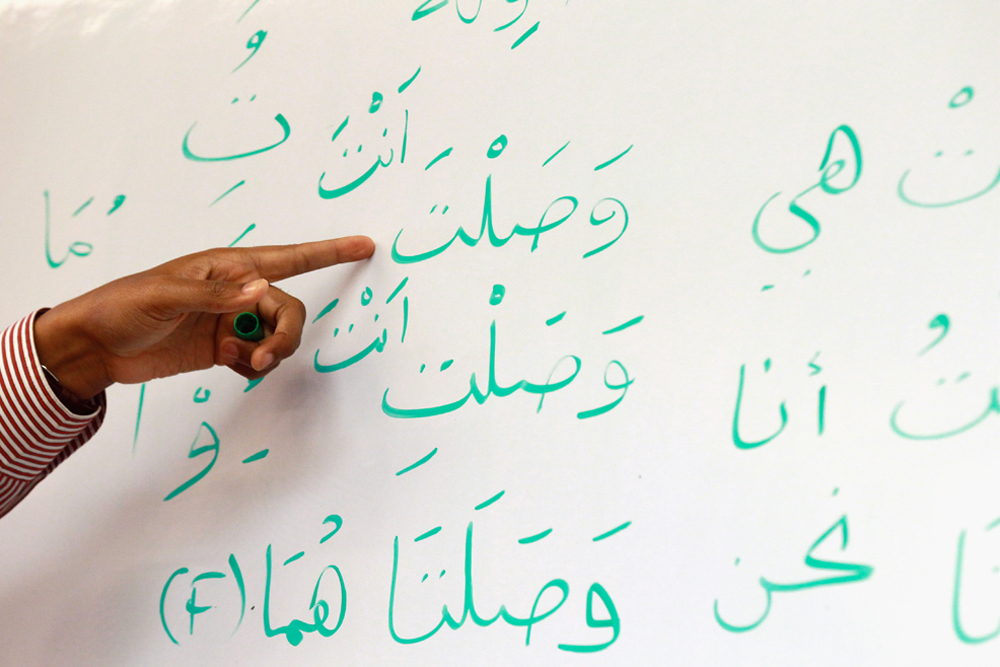
In partnership with the Ministry of Culture, the kingdom of Saudi Arabia’s Education and Training Evaluation Commission has launched a unique Arabic language competency test for non-native Arabic speakers.
This first-of-its-kind test has been presented by The King Salman Global Academy for the Arabic Language, and looks to aid in strengthening the role of the Arabic language both regionally and globally by encouraging more people to speak it. This is also in line with achieving the goals of Saudi Arabia’s Vision 2030 diversification plans.

This test has been specifically designed for non-native students of the Arabic language in the kingdom’s regional and international educational establishments and organizations that employ non-ntaive Arabic speakers, with a goal to strengthen the abilities and levels of qualification in the language.
Prince Badr also announced that those who take the test will also receive a certificate as proof of their linguistic capabilities and Arabic-language skills. It is similar to certificates provided by the “Test of English as a Foreign Language and the International English Language Testing System.”
A new partnership "will take Diriyah's cultural and heritage events and activities to the next level. They will be unique and diverse, reflecting its distinctive identity and rich heritage."https://t.co/JvFkxxUaH9
— About Her (@AboutHerOFCL) June 15, 2022
Osama Ghanem Al-Obaidy, an adviser and professor of law at the Institute of Public Administration in Riyadh, said in a statement, “This competency test will help to measure the ability of non-native Arabic speakers to study and specialize in the Arabic language or related fields, or even to study other majors in the Arabic language such as religion, history and law, to make sure that those students and scholars are linguistically qualified enough to study or even teach any field in the Arabic language.”
The standardized test was launched on the 12th of June 2022 and falls in line with the standards of the Common European Framework of Reference for Languages and designed to measure the level of all Arabic language skills, in reading, writing, listening and conversation. “The academy’s efforts and this test will strengthen the role of the Arabic language locally, regionally, and globally, and will add more value to the linguistic importance of Arabic and Islamic culture,” said Al-Obaidy.

















